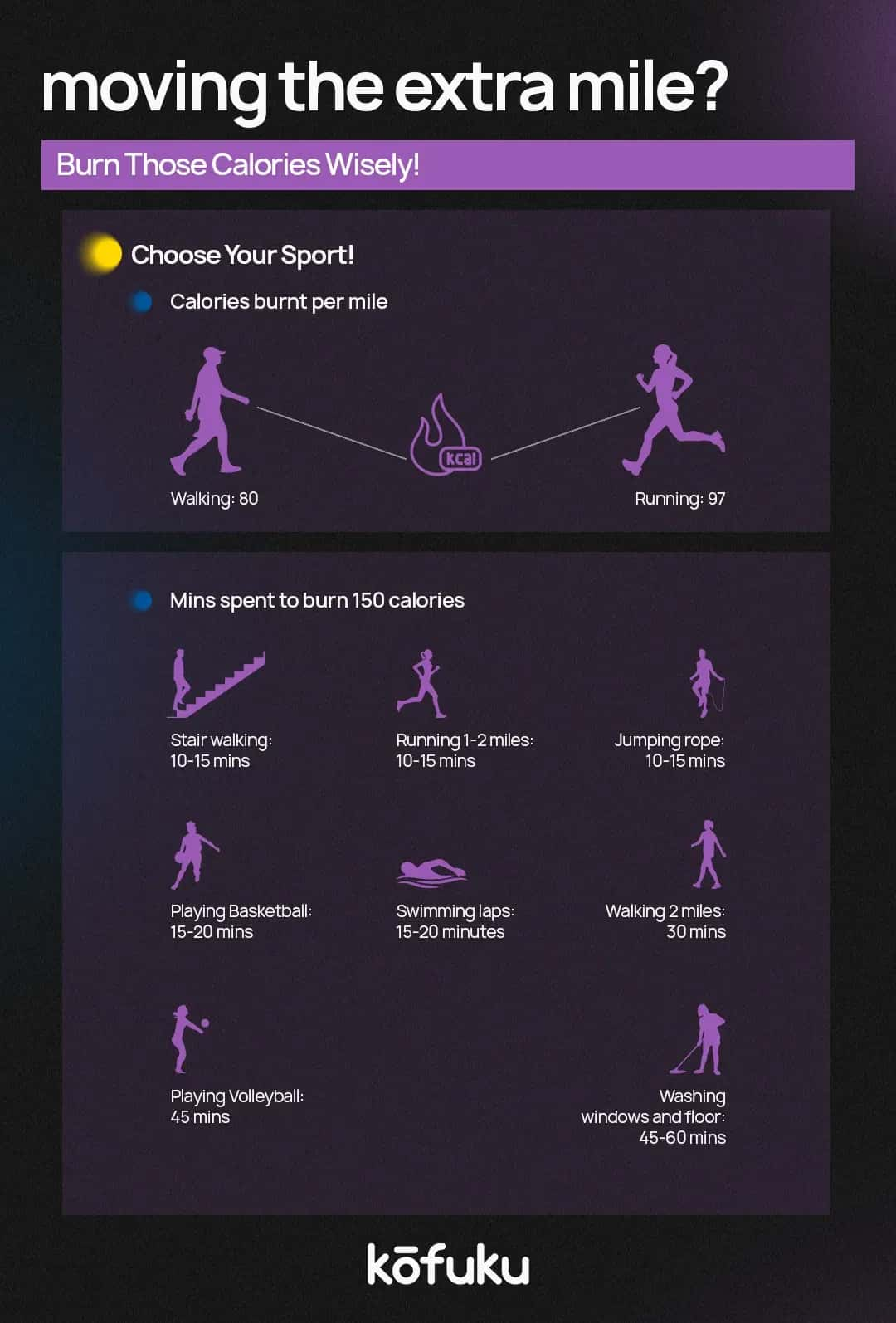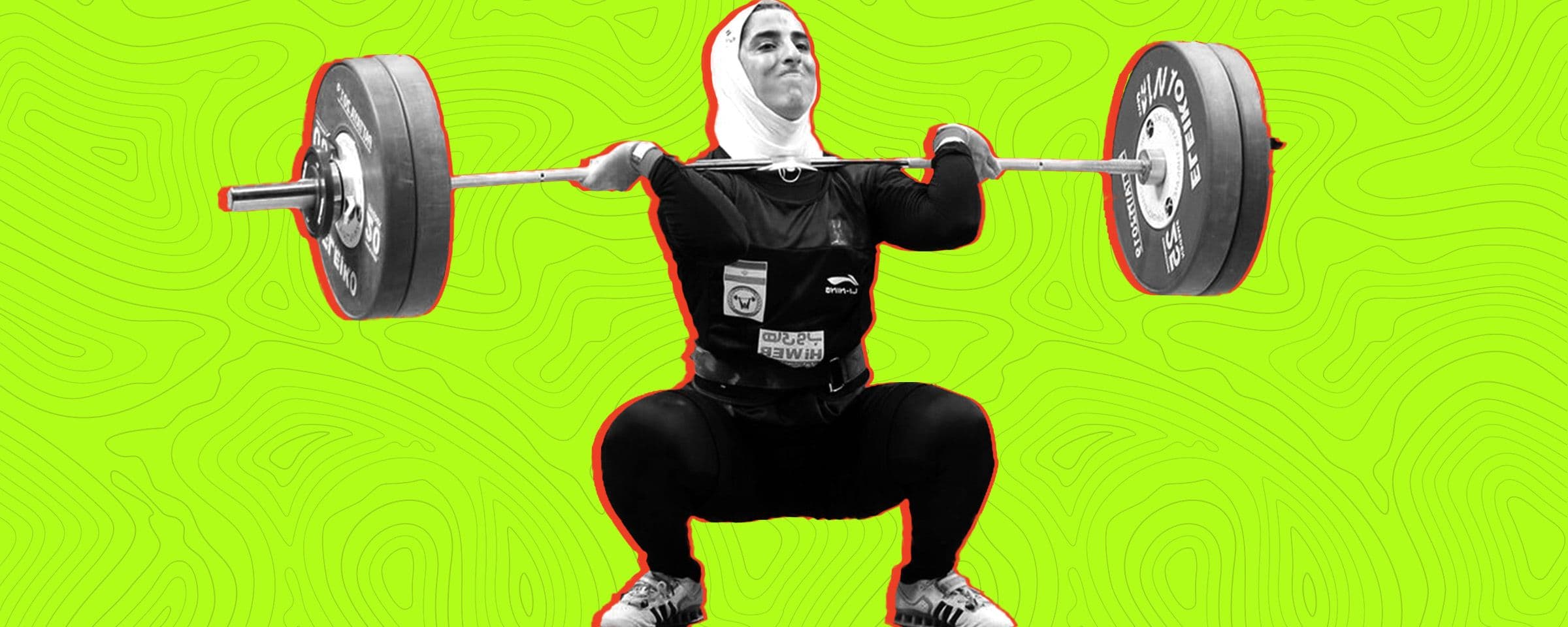Walking vs Running - All About Weight Loss, Heart Health and More

Introduction
Today is a special day because it's the day we're going to (try to) answer the age-old debate: walking vs. running. Which one reigns supreme when it comes to weight loss, heart health, and overall well-being?
Well, to start, we all know exercise is good for us, but sometimes, the sheer volume of online information can be quite overwhelming to beginners. Do you need to sprint like a cheetah to see results, or can a leisurely stroll do the trick?
This is not a chicken or egg situation. Because the truth is, both walking and running have their merits. So rather than wondering which is "better," you should be wondering which is better for you. It's finding that sweet spot where your enjoyment meets overall effectiveness.
So, let us unpack the nitty-gritty of these two honestly fantastic forms of movement.
Walking vs Running For Heart Health
Let's start with the heart of the matter, pun very much intended. Both walking and running are excellent cardiovascular exercises, but surprisingly enough, they impact your heart in slightly different ways.
Running elevates your heart rate significantly, strengthening your cardiovascular system. D. Lee, a researcher from the Iowa State University, showed how running can reduce your risk of heart disease by up to 45%.
Which essentially meant greater reductions in cardiovascular disease mortality from running than walking in runners. This high-intensity workout improves your heart's efficiency, making it stronger and more resilient.
While less intense, walking still provides significant cardiovascular benefits. Another study found that walking and running provided similar cardiovascular benefits when expending the same energy. It's a gentler approach, ideal for those just starting their fitness journey or with certain health conditions. Think of it more as a steady, reliable way to keep your heart happy.

Walking vs Running For Joint Health
Joints are the second thing that makes you really feel your age. The first, of course, is the next door kid calling you aunty/uncle. To bounce around like a pet with zoomies and frolic with a spring in your step, taking care of your joint health quickly becomes necessary.
Walking is a low-impact exercise, making it kinder to your joints. It's an excellent option for people with arthritis or other joint issues. The smooth, rhythmic motion minimises stress on your knees, hips, and ankles.
Running, on the other hand, is a fairly high-impact activity, putting more stress on your joints. However, this doesn't automatically mean it's bad for them. Proper running form, supportive shoes, and gradually increasing intensity can mitigate these risks.
Ironically, some studies show that runners have less knee osteoarthritis than sedentary individuals, likely due to stronger muscles supporting the joint.
Bonus Tip: There is this thing called the "Goldilocks Zone" of impact. A state or movement just right for things to work out well. If you have joint pain, walking is your friend. If you're generally healthy, running can strengthen your joints over time, but always listen to your body. Find your body's goldilocks zone and lock in!
Walking vs Running For Weight Loss
When it comes to burnt calories, we've got a definite number for both walking and running. It helps determine which of them is better for weight loss.
Naturally, running burns significantly more calories per minute than walking. Running is the way to go if you're looking to torch calories quickly. Running also triggers a higher "afterburn effect" (Excess Post-exercise Oxygen Consumption), meaning you continue to burn calories at an elevated rate even after you've stopped.
While walking burns fewer calories per minute, you can still burn substantially by increasing the duration or intensity (e.g., brisk walking, incline walking). Walking makes use of the most important factor - consistency. A shorter, more intense run done sporadically will not outperform a daily 30-45 minute walk.
In a way, walking and running can help you lose weight. If anyone says otherwise, open their eyes by showing them a glimpse of the demystified myths about exercises.
Regardless of your choice, weight loss ultimately comes down to creating a calorie deficit (burning more calories than you consume) through a diet and sticking to it. Walking does have a smoother integration into your daily life through trips to the store, taking the stairs, or going for a lunchtime stroll.

Walking vs Running For Stress Reduction
Exercise as a whole is a fantastic stress reliever, and both walking and running can help you unwind.
Running is really good for releasing pent-up stress. Some find the rhythmic pounding meditative and helpful in clearing their mind.
Walking, on the other hand, is a gentle and leisurely way to de-stress. The Japanese practice of 森林浴 (shinrin-yoku), literally translated to forest bathing, encourages everyone to respectfully touch grass as walking among trees can have a calming effect on your mind.
Walking vs Running For Muscle Toning
Both walking and running can contribute to muscle toning, but the catch is that they target different muscle groups.
Running focuses on your leg muscles more intensely, leading to better muscle definition, particularly in your quads, hamstrings, and calves. You'll pass the “Never Misses Leg Day” check.
Walking does tone your leg muscles, but it also gives some attention to your core and glutes, especially when walking uphill or on uneven terrain.
Kofuku’s Bonus Tip: To really tone your muscles, you can combine walking or running with strength training exercises that can maximise muscle toning like deadlifts, bench presses, calf raises, and kettlebell exercises, to name a few.

Conclusion: Which is the Best Exercise, Walking or Running?
If you've read so far, you clearly know the answer. As we said in the beginning of this blog, this is not a question of which is better but which is better for you. The "best" exercise depends on your goals, fitness level, and preferences. And, most of all, what do you think is the most fun?
Because having at least a little bit of fun with the things you do is the secret to consistency, you need to want to go back to it rather than force yourself day in and day out just because it's good for you.
You're an adult now! No more stuffing yourself with food or activities you abhor. Pick the most fun and keep slightly tweaking it to keep things interesting. And we assure you, your fitness goals will follow right behind your calorie deficit diet and improved mood.
FAQs
Can I lose weight by only walking?
Yes, you can lose weight by consistently walking, especially if you follow a calorie deficit diet to complement it. Though it'll be slower than most high-intensity workouts, you'll see a stable and steady decrease in your weight.
Is running bad for my knees?
Not necessarily. Learning proper form and getting supportive shoes can minimise the risk of an injury significantly. Failing to do so, can definitely end bad for you. So it's better to take precautions.
How often should I walk or run?
Aim for at least 20 minutes of walking or 10 minutes of running daily. Note that this is a minimum to see any sort of result towards your fitness goals. To really put yourself through the paces, go for 45-60 minutes of walking and 30 minutes of running daily with appropriate breaks in between.
Can I switch between walking and running?
Absolutely! We've even got a name for it - cross-training. It is a great way to improve overall fitness without having to pick and choose exercises that target one or the other muscle group.
What are signs that I am overtraining?
See this is crucial to monitor whether you're a seasoned fitness enthusiast or a newbie. Because both groups can fall prey to overtraining. It does more harm than good, even setting back all the progress you've done so far. So look out for the signs of overtraining like persistent fatigue, increased resting heart rate, and recurring injuries. Seek immediate help from either your trainer or friends and cut back on your training time.


Debunking the Weightlifting Myth – Truth Revealed

How Physical Fitness and Exercise Impacts Mental Health

Understanding Joint Pain: Its Causes and Remedies


